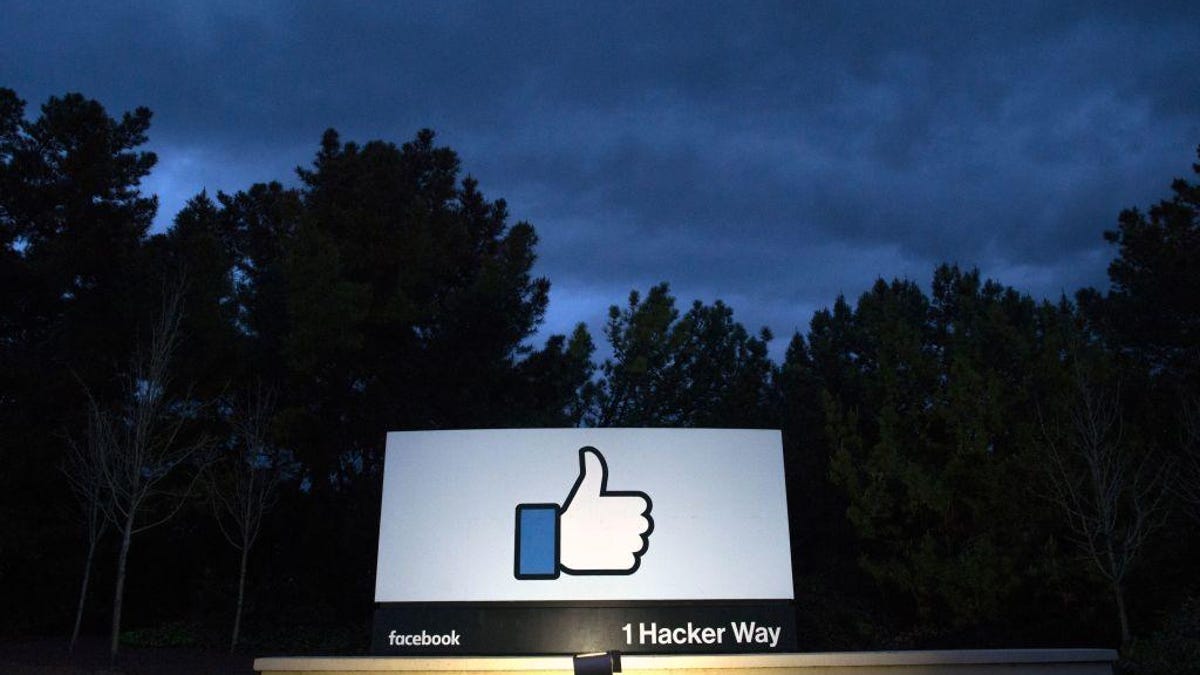Facebook will now fact-check photos, videos as it fights fake news
The company is upping its fact-checking game.

In the quest to weed out fake news on social media, Facebook is expanding its fact-checking efforts in 17 countries to include photos and videos as well as articles, the company said in a blog post Thursday.
In the post, product manager Antonia Woodford said Facebook has built a machine-learning model that flags possibly false content for fact-checkers to look at. And she said all the company's 27 fact-checking partners in the countries, including the US, will now be increasing the scope of what they look at.
"Many of our third-party fact-checking partners have expertise evaluating photos and videos and are trained in visual verification techniques, such as reverse image searching and analyzing image metadata, like when and where the photo or video was taken," Woodford said.
This comes as social media giants like Facebook and Twitter have had to grapple with how their networks can be used to spread fake news and misinformation and even influence elections. Last week, Facebook COO Sheryl Sandberg went to Capitol Hill along with Twitter CEO Jack Dorsey to answer questions from lawmakers during a Senate intelligence committee hearing.
On Wednesday, Facebook CEO Mark Zuckerberg said the company has learned a lot since Russian meddling in the 2016 election and that it's "developed sophisticated systems that combine technology and people to prevent election interference on our services."
Zuckerberg kicked off 2018 with an open letter pledging to fix the social network's many problems. In addition to fake news and election interference, reports surfaced in April that digital consultancy Cambridge Analytica had misused the personal information of up to 87 million Facebook users. The scandal touched off a series of apologies, an overhaul of Facebook privacy settings and an expensive investigation into its relationships with app developers.
First published Sept. 13, 8:28 a.m. PT.
Update, 12:10 p.m.: Adds more background about Facebook and Cambridge Analytica.
Cambridge Analytica: Everything you need to know about Facebook's data mining scandal.
Tech Enabled: CNET chronicles tech's role in providing new kinds of accessibility.

